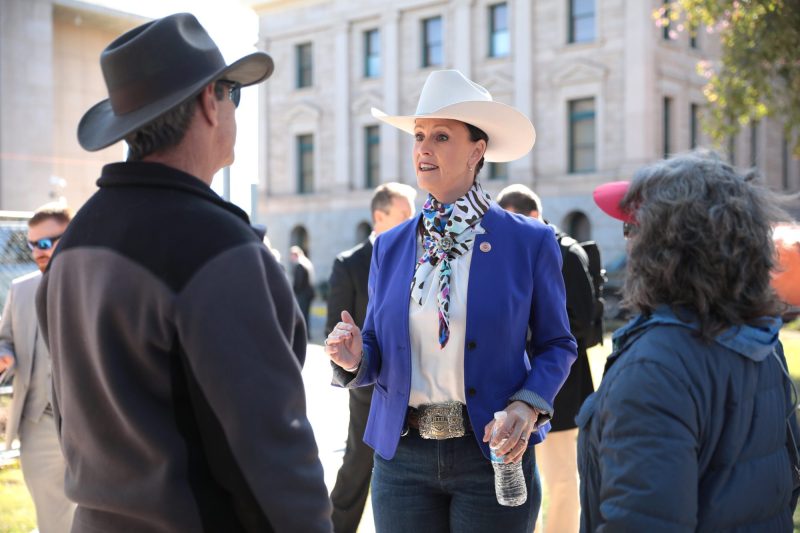Lawsuit against cryogenics company reminds me of my uneasy tour of the ‘life extension’ facility
By Phil Riske | Senior Reporter/Writer
A cryogenics company tasked with preserving the body of a prominent scientist in Scottsdale only froze his head, reports The New York Post.
Kurt Pilegram, said he was “shocked, horrified and extremely distressed” when the Alcor Life Extension Foundation in Scottsdale, allegedly sent him a package that contained his father’s cremated remains – minus the head, which had been taken to a cooler to be preserved, states court filings obtained by the Daily Telegraph UK.
The grieving man’s dad, Dr. Laurence Pilegram, devoted much of his career to studying the aging process and it had been very important to him to have his whole body preserved,
The company charges around $200,000 for a whole body or $80,000 for just the head. Alcor began storing bodies since 1982 and has 159 deceased patients whose remains are being preserved.

In 2015, I reported cancer claimed Kim Suozzi of Scottsdale at age 23, but she chose to have her brain preserved with the dream that neuroscience might one day revive her mind.
As Kim began chemotherapy in 2001, an unusual letter appeared in Cryonics magazine.The New York Timesreported. Titled “The Brain Preservation Technology Prize: A challenge to cryonicists, a challenge to scientists,” it argued that if a brain was properly preserved, time would not be an issue.
The magazine is published by Alcor, best known for storing the frozen head of the baseball great Ted Williams, along with some 140 others who hope to one day be revived.
In 2004, I reported on a controversy that surrounded Alcor Life because of a family fight over the freezing and storage of Ted Williams head at Alcor and claims by a former employee there his head was abused.
Larry Johnson alleged in the book “Frozen: My Journey Into the World of Cryonics, Deception and Death,” he watched an Alcor official swing a monkey wrench at Williams’ frozen severed head to try to remove something stuck to it.
Attempts by the Arizona Legislature to regulate Alcor were abandoned in 2004 after then-Rep. Bob Stump failed with a bill to place Alcor under the regulatory authority of the Arizona Board of Funeral Directors and Embalmers.
The bill cames on the heels of the arrest of a former Alcor bookkeeper for allegedly bilking the cryonics company of nearly $180,000. Meanwhile, Alcor’s president and CEO, Joe Waynick resigned that to pursue other interests after fewer than two years at the company.
Alcor was cordial and open to my request back then to visit the facility.
The tank holding Williams head was pointed out to me. To this day, I am still at a loss for words to describe that moment.
Although one wonders whether brain or body regeneration is really possible after death, I was struck by the support for the technology of cryonics.
Even more struck by the hope and faith of the late Kim Suozzi of Scottsdale.




